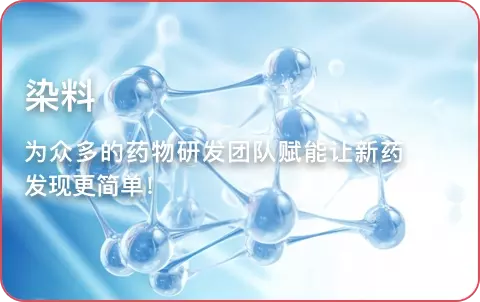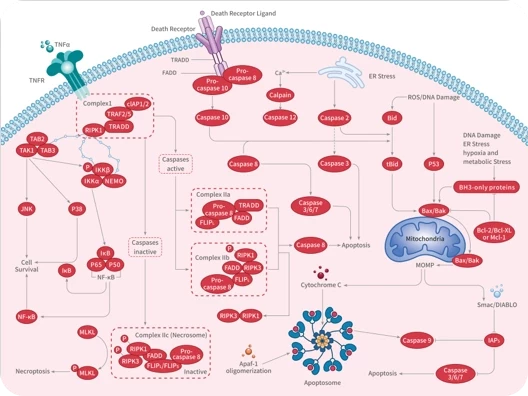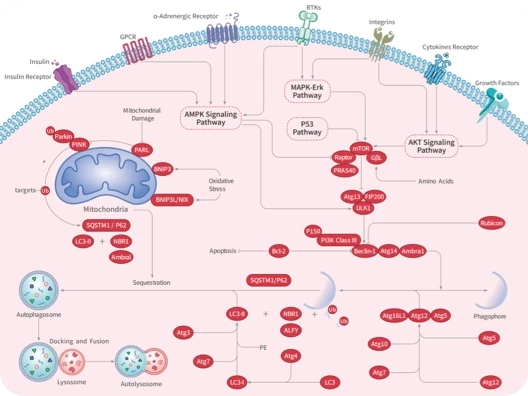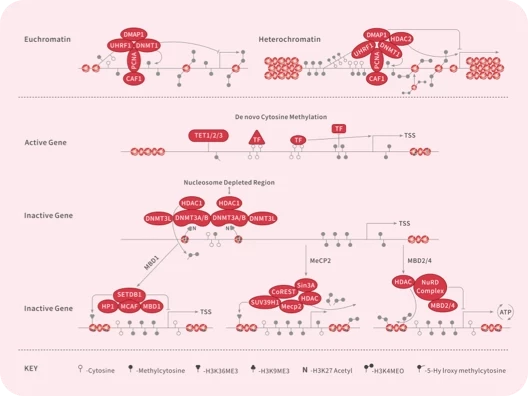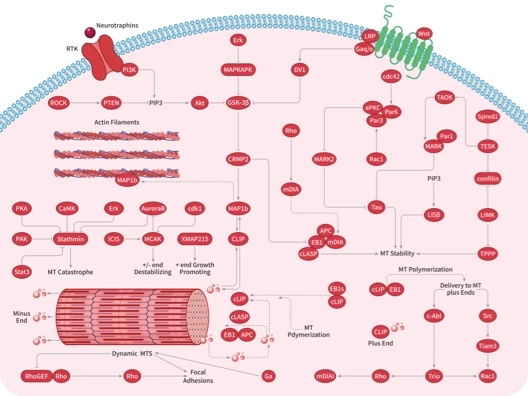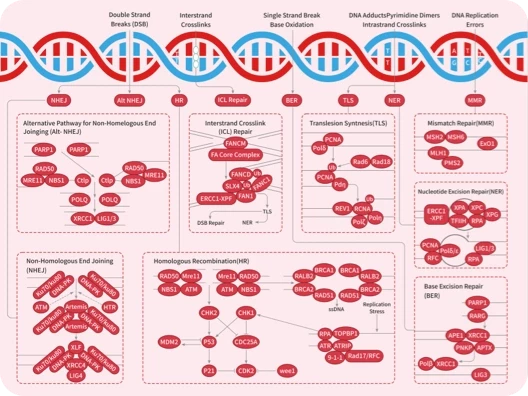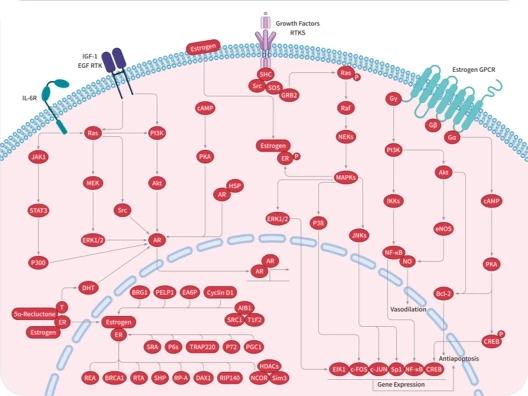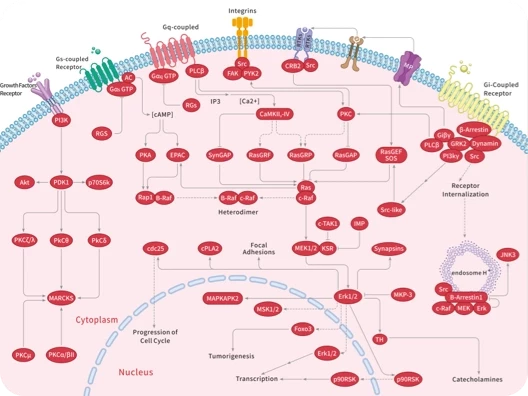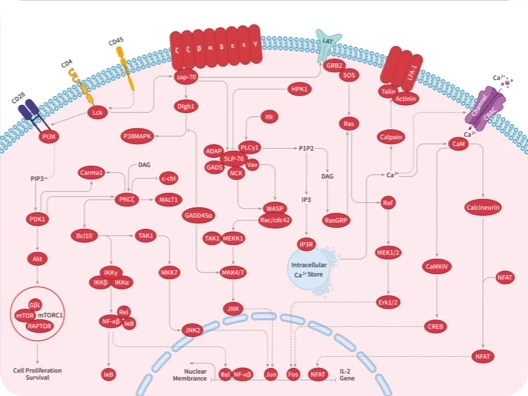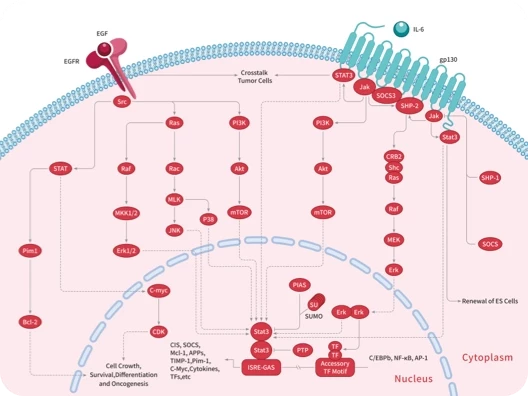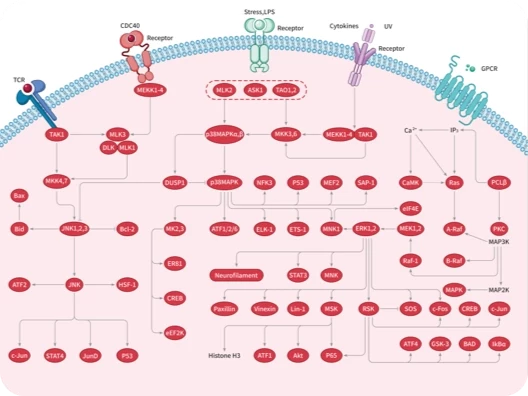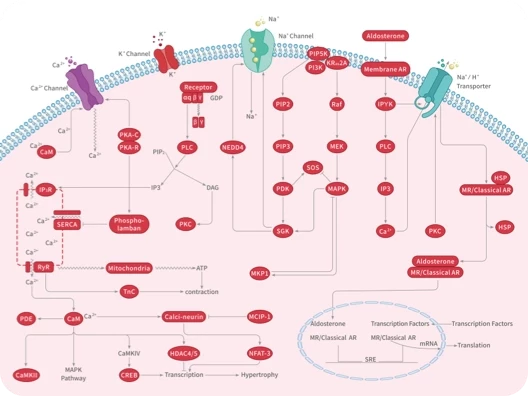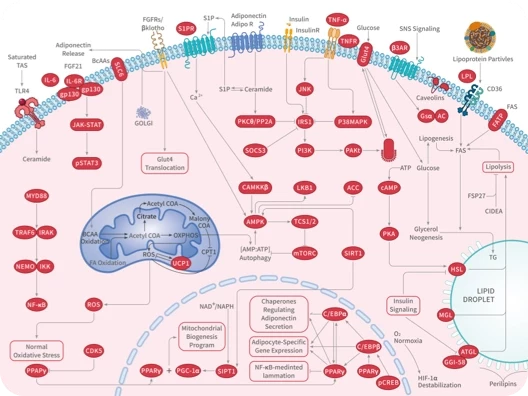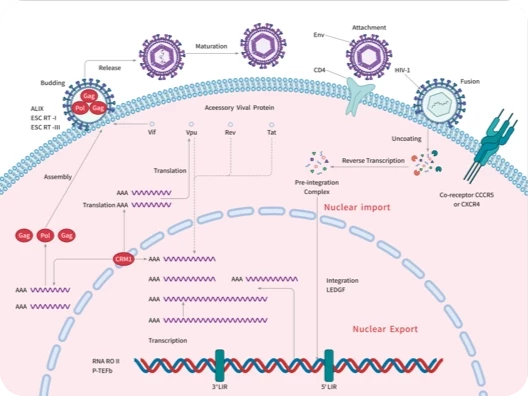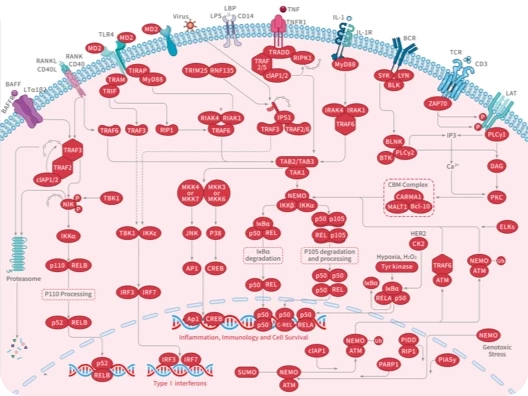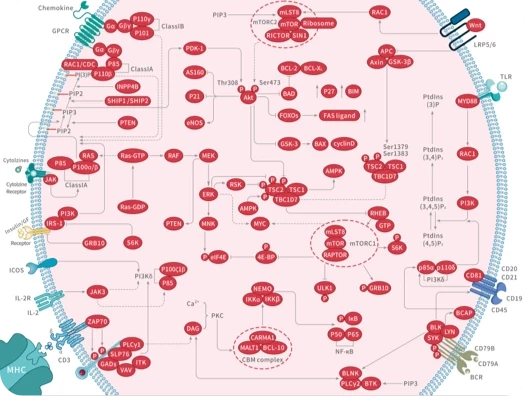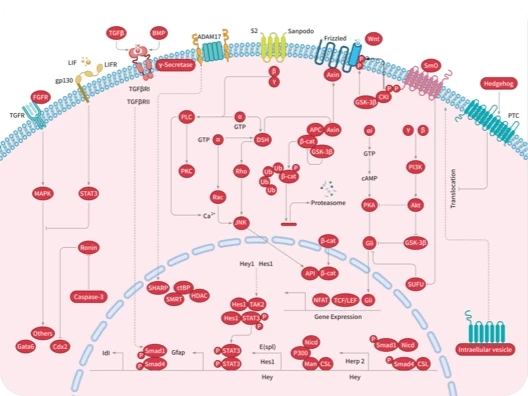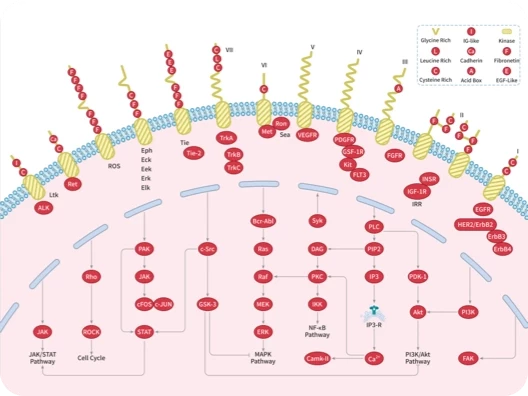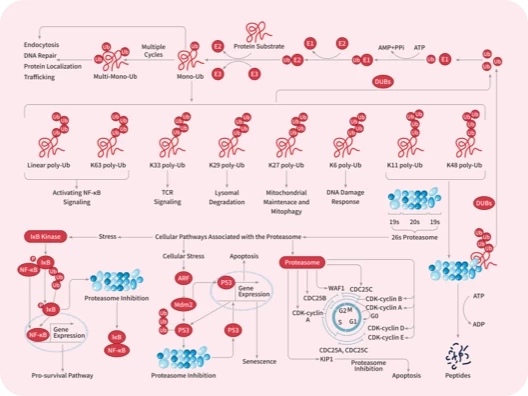- 全部删除
 您的购物车当前为空
您的购物车当前为空
购物车
Syndecan-1 Protein, Rat, Recombinant (hFc)
产品编号 TMPY-03139
Syndecan-1 Protein, Rat, Recombinant (hFc) is expressed in HEK293 mammalian cells with hFc tag. The predicted molecular weight is 51.2 kDa and the accession number is P26260.

Syndecan-1 Protein, Rat, Recombinant (hFc)
产品编号 TMPY-03139
Syndecan-1 Protein, Rat, Recombinant (hFc) is expressed in HEK293 mammalian cells with hFc tag. The predicted molecular weight is 51.2 kDa and the accession number is P26260.
| 规格 | 价格 | 库存 | 数量 |
|---|---|---|---|
| 100 μg | ¥ 3,820 | 5日内发货 |
大包装 & 定制
加入购物车
TargetMol 的所有产品仅用作科学研究或药证申报,不能被用于人体,我们不向个人提供产品和服务。请您遵守承诺用途,不得违反法律法规规定用于任何其他用途。
资源下载
产品信息
| 生物活性 | Activity testing is in progress. It is theoretically active, but we cannot guarantee it. If you require protein activity, we recommend choosing the eukaryotic expression version first. |
| 产品描述 | Syndecan-1 Protein, Rat, Recombinant (hFc) is expressed in HEK293 mammalian cells with hFc tag. The predicted molecular weight is 51.2 kDa and the accession number is P26260. |
| 种属 | Rat |
| 表达系统 | HEK293 Cells |
| 标签 | C-hFc |
| 蛋白编号 | P26260 |
| 别名 | syndecan 1 |
| 蛋白构建 | A DNA sequence encoding the rat SDC1 (P26260) (Met1-Lys253) was expressed, fused with the Fc region of human IgG1 at the C-terminus. Predicted N terminal: Gln 23 |
| 蛋白纯度 | > 90 % as determined by SDS-PAGE |
| 分子量 | 51.2 kDa (predicted); 92 kDa (reducing conditions) |
| 内毒素 | < 1.0 EU/μg of the protein as determined by the LAL method. |
| 缓冲液 | Lyophilized from a solution filtered through a 0.22 μm filter, containing PBS, pH 7.4. Typically, a mixture containing 5% to 8% trehalose, mannitol, and 0.01% Tween 80 is incorporated as a protective agent before lyophilization. |
| 复溶方法 | A Certificate of Analysis (CoA) containing reconstitution instructions is included with the products. Please refer to the CoA for detailed information. |
| 存储 | It is recommended to store recombinant proteins at -20°C to -80°C for future use. Lyophilized powders can be stably stored for over 12 months, while liquid products can be stored for 6-12 months at -80°C. For reconstituted protein solutions, the solution can be stored at -20°C to -80°C for at least 3 months. Please avoid multiple freeze-thaw cycles and store products in aliquots. |
| 运输方式 | In general, Lyophilized powders are shipping with blue ice. |
| 研究背景 | Syndecan-1 also known as SDC1 and CD138, is the most extensively studied member of the syndecan family. It is found mainly in epithelial cells, but its expression is developmentally regulated during embryonic development. Syndecan-1/SDC1/CD138 has been shown to mediate cell adhesion to several ECM molecules, and to act as a coreceptor for fibroblast growth factors, potent angiogenic growth factors involved also in differentiation. Syndecan-1/SDC1/CD138 expression is reduced during malignant transformation of various epithelia, and this loss correlates with the histological differentiation grade of squamous cell carcinomas, lacking from poorly differentiated tumours. In squamous cell carcinomas of the head and neck, positive syndecan-1 expression correlates with a more favourable prognosis. Experimental studies on the role of Syndecan-1 in malignant transformation have shown that Syndecan-1/SDC1/CD138 expression is associated with the maintenance of epithelial morphology, anchorage-dependent growth and inhibition of invasiveness in vitro. |
计算器
SCI 文献
技术支持
请阅读 重组蛋白用户指南 了解更多具体信息.








